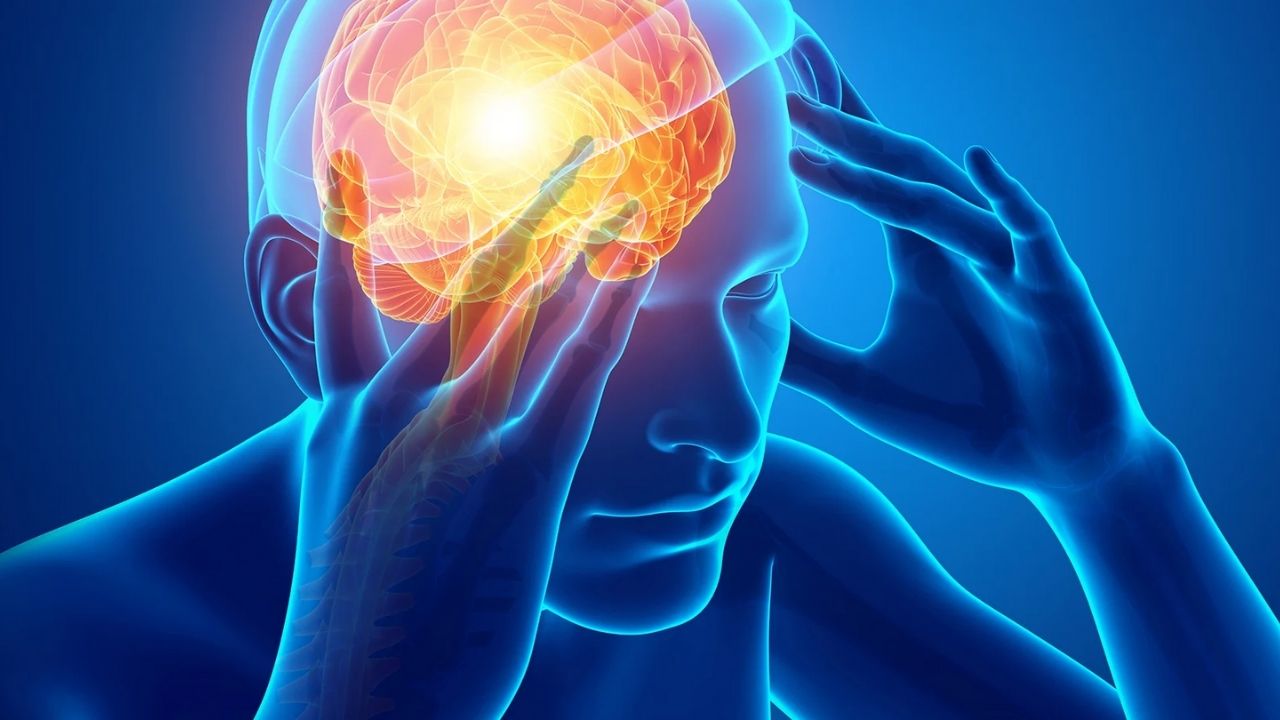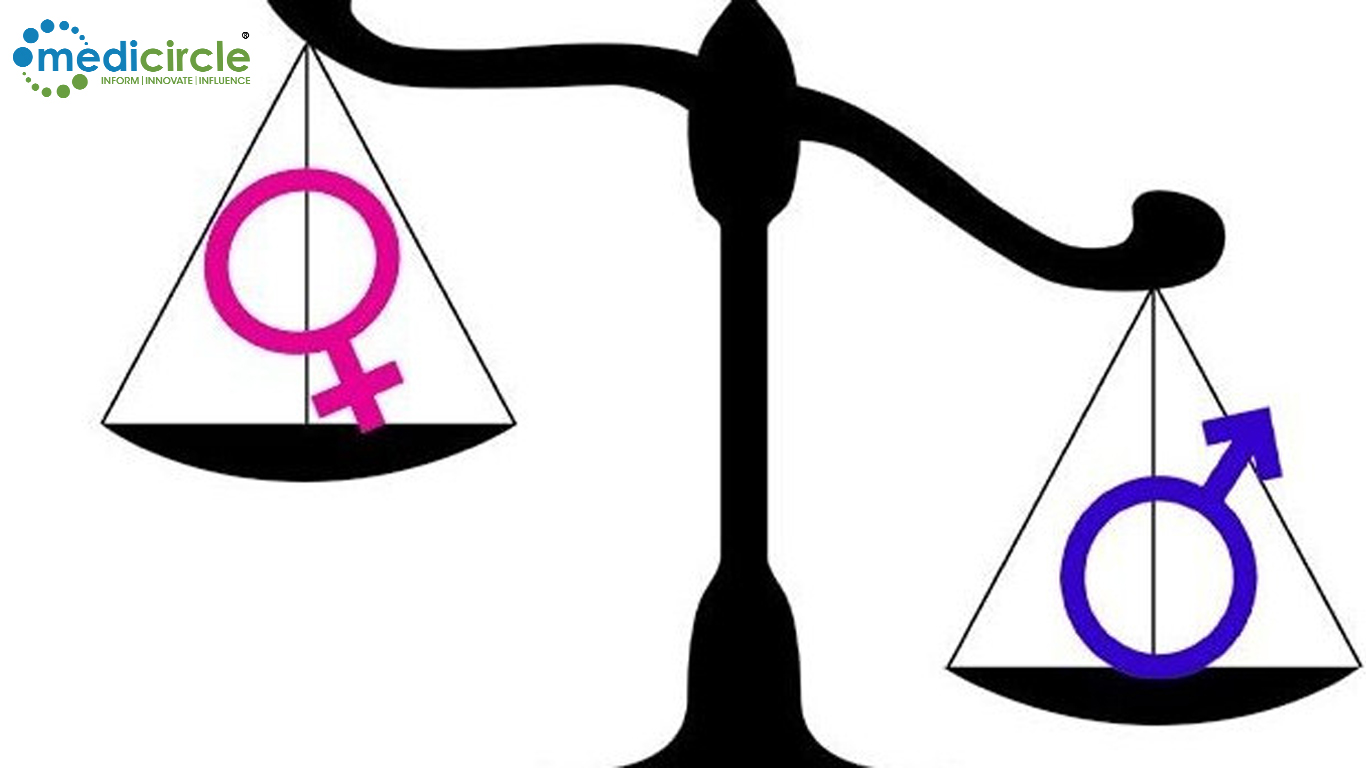Most of the cells of our body contain receptors for cortisol. This is why cortisol has the power to influence a number of vital processes of our body. Whether it is our blood pressure, blood sugar levels, inflammatory properties of our body, memory formation capacities, or salt and water balance; all are regulated by cortisol. The timing of the release of cortisol depends on our body’s regular pattern. Cortisol levels are highest in the morning time, however, for the night owls, it can be the other way round. When our body experiences any stress, some additional cortisol hormones get released to help us cope with it.
Why is cortisol known as a stress hormone?
Although cortisol regulates lots of processes of the body, it is referred to as the stress hormone. Whenever our mind perceives a threat like a spider, cockroach, barking dog, the sight of a snake, looking down from an extreme height, roller coaster ride, or sudden loud noise, our brain sends a combination of nerve and hormonal signals. The adrenal glands, located atop our kidneys, release hormones like adrenaline and cortisol in such situations. While adrenaline increases blood pressure and heart rate, cortisol, increases glucose levels in the bloodstream, controls our mood, instills fear, and leads to an experience of stress.
There is a lot of confusion between adrenaline and cortisol as both the hormones come from a common source - the adrenal gland. However, the hormone, cortisol, gets generated more during stressful situations. This is why it is known as the stress hormone. People with depression have elevated cortisol levels too in their bloodstream.
Is too much or too little cortisol harmful?
If too much cortisol is being released for a prolonged period of time then we can develop Cushing's syndrome due to which we may experience rapid weight gain, have high blood pressure, muscle weakness increased need for water intake, mood swings, irritability, depression, anxiety, etc. There can be menstruation issues, and a lack of sex drive as well. Too little cortisol comes with its own complications like Addison’s disease. Problems like muscle weakness, weight loss, fatigue, dizziness, changes in moods, etc. get evident. Endocrinologists should be consulted in both the conditions.

 Do you know what the hormone “cortisol†does? It is referred to as a steroid hormone which is made in the cortex of your adrenal glands and released into your blood. Cortisol has the regulating capacity of a wide range of significant processes of your body which includes your immune response as well as metabolism and stress levels.
Do you know what the hormone “cortisol†does? It is referred to as a steroid hormone which is made in the cortex of your adrenal glands and released into your blood. Cortisol has the regulating capacity of a wide range of significant processes of your body which includes your immune response as well as metabolism and stress levels.









.jpg)
.jpg)









.jpeg)

.jpeg)










.jpg)




.jpg)

